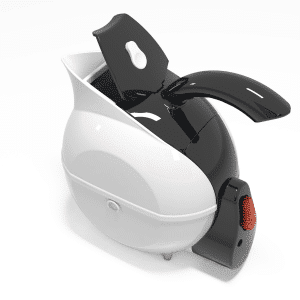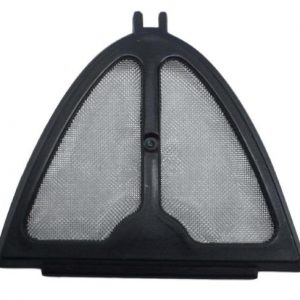Supplements to help with Arthritis
Research has shown that certain supplements can be helpful—within a larger treatment plan—to ease joint pain and inflammation.
Not all the supplements will suit everyone. However, by reading the information and evidence supporting their benefits you can decide which supplements may suit you. We share 4 supplements below that have been shown to to have great anti-inflammatory properties.
Ask your doctor before starting a new supplement. This is important to make sure it’s appropriate for your condition and won’t interact with any of your other medications. Remember, supplements can cause serious health problems if taken inappropriately.
Turmeric/Curcumin
The turmeric root has been shown to have great anti-inflammatory properties. Many add turmeric powder to sauces, smoothies, or even to spice up your tea. But curcumin, the active ingredient in turmeric, only makes up about 3% of it, so experts often suggest that people take curcumin supplements in order to get an effective amount. Look for curcumin supplements of 200 to 1,000 mg.
Ginger
Another root with anti-inflammatory properties, ginger is popular both as a supplement (look for 100 to 225 mg capsules) and in fresh grated form. But those who take blood-thinning medications should avoid ginger, because they interact with each other.
Fish oil (omega-3 fatty acids)
Food that contains omega-3 fatty acids, particularly fatty fish like salmon and mackerel, have fantastic anti-inflammatory properties. If you don’t like fish, the good news is that you can get the benefits of omega-3s by taking a fish oil supplement.
Glucosamine and chondroitin sulfate
The previous 3 entries on this list all help those with arthritis by fighting inflammation, but glucosamine and chondroitin sulfate supplements promote cartilage formation and repair. The research confirming the beneficial effects of glucosamine and chondroitin sulfate is very mixed, so experts recommend that people stop taking them after 6 months if there’s been no sign of improvement in their symptoms.
Supplements can be a great tool in managing your arthritis, but they’re only a part of the complete picture. Your treatment plan should also include exercise, other medications, physical therapy, stretching, a healthy diet, and possibly injections and/or surgery. Fell free to read more about managing arthritis on the Arthritis Foundation.













Leave a Comment